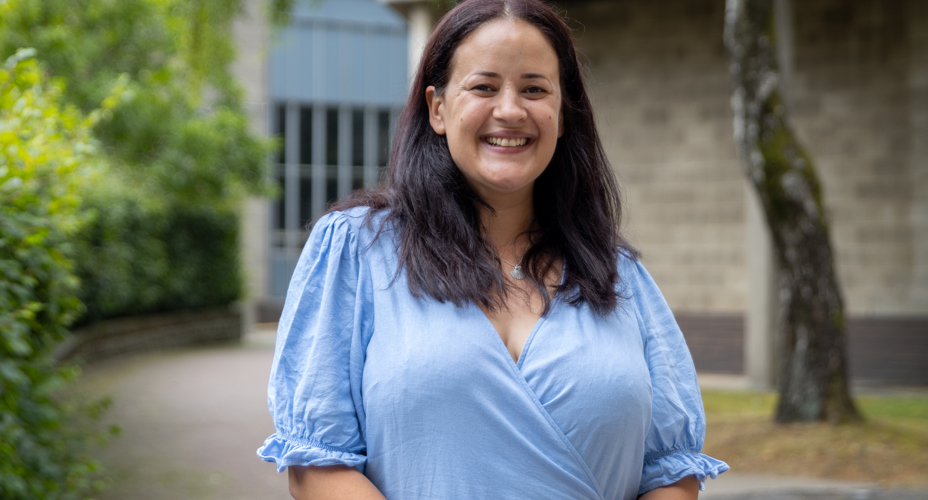Thursday 21 08 2025

The welfare benefits system is failing those who suffer from Premenstrual Dysphoric Disorder (PMDD), new research has found.
The study by academics at University of the West of Scotland (UWS) has revealed the negative experiences of people who have applied for a social security benefit – particularly the Adult Disability Payment and the Personal Independence Payment – to support them with their PMDD symptoms.
Within the UK, there are approximately 22 million people of reproductive age, with approximately 1.2 million living within Scotland. PMDD is a severe hormone-based mood disorder, which affects 1 in 20 women, with 1 in 2 self-harming, 1 in 3 attempting suicide and the majority of sufferers having suicidal thoughts. The condition causes debilitating symptoms in the latter half of the menstrual cycle, impacting all aspects of life, with some people requiring support for daily living.
Despite this, the current welfare system has been criticised for not providing support for those with a fluctuating condition, such as PMDD. Currently, in the UK, people can apply for financial support if they live with a condition which impacts their daily living, and they are assessed on their eligibility for support based on number of criteria, including that the condition must impact someone more than 50% of the time.
However, this ‘over 50% rule’ has been deemed as unfair and an inaccurate way of measuring someone’s circumstances and specific needs. The research found that people with PMDD experienced a lack of a trauma-informed approach, inconsistent assessment and decision outcomes, difficulty evidencing their fluctuating condition, and that people were unaware or experienced a lack of support for the application process during their various interactions with the welfare system.
The interdisciplinary team involved in the research was led by Mhairi Campbell at University of the West of Scotland, with other contributors including Lynsay Matthews and Eileen Harkess-Murphy from UWS, and Julie Riddell from the University of Glasgow.
Our research aimed to highlight the systemic barriers people living with fluctuating conditions, such as PMDD, face when it comes to applying for financial support through the UK welfare system. People with fluctuating conditions may experience physical, cognitive and emotional symptoms that impact their daily living –yet because they aren’t able to meet certain criteria or the ‘over 50% rule’ during the assessment process, they fall short of receiving support they badly need, highlighting clear inequalities and flaws within the system.
Mhairi Campbell, Lead Researcher
Lynsay Matthews added: “We know that 1 in 20 women and people who menstruate will be living with PMDD, meaning around 1.1 million people in the UK / 60,000 people in Scotland will be living with PMDD. This represents a huge proportion of women who might be experiencing difficulties accessing the support they need to navigate the challenges of living with this condition.”
The research has made ten recommendations, including:
- Embed trauma-informed approaches across all systems, processes and organisational practices
- Provide mandatory trauma-informed training and resources for all decision-making personnel within Social Security Scotland and the Department of Work and Pensions
- Implement trauma-informed decision letter templates as standard practice
- Reform eligibility criteria for fairer assessment of mental health related symptoms
- Reform eligibility criteria for fairer assessment of fluctuating conditions
- Apply the social model of disability to the assessment of fluctuating conditions
- Enhance training on fluctuating conditions for decision-makers
- Strengthen the outreach and promotion of available support services for applicants
- Provide clear, accessible, and supportive application guidance
- Establish peer support and independent advocacy services
You can access the full research report here.
This research aligns with the UN Sustainable Development Goals on Good Health and Wellbeing (SDG 3), Gender Equality (SDG 5), Reduced Inequalities (SDG 10), and Peace, Justice and Strong Institutions (SDG 16).